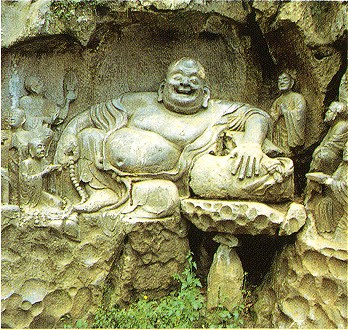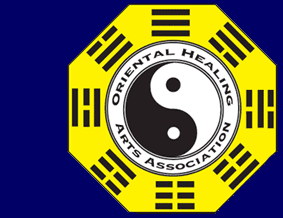What is lineage?

Lineage refers to a genealogical chart. If you study your family’s genealogy, you get to know more about your relatives, specifically your parents and their parents and backwards through time. It gives you important information about your heritage, and in many cases, is the basis for inheritance. That may mean financial fortune, or it may mean other forms of entitlement. If your father was a king, then you are a prince or princess. If your father is the president of a large corporation like Ford Motors, then you would likely have your future pretty well determined for you.
In martial arts, however, it is your relationship to an acknowledged master of the martial arts system(s) in which you claim knowledge and/or expertise. With whom did your instructor study to get his/her martial arts information? That is the question. How far back into the genealogical chart do you have to go before you can claim a connection to someone who actually studied with the acknowledged master. So the definition of lineage is where you fit into the organizational chart that includes a bona fide Master. Lineage Chart - The Evolution of Tai Chi (PDF)
Why is this important?
The closer one gets to the Lineage Master, the less the message has been filtered and watered down. Unfortunately, if the Lineage Master does not choose his students carefully, it doesn’t take long for the information base to become corrupted. Usually, the link is strongest if the genealogical chain goes through the Master’s number one student, followed by the number two student, and so on down the line. It would be totally inappropriate to claim lineage to a Master through someone who attended a weekend seminar in a far away province. To claim valid lineage, one must study with someone who was/is considered to be within the “trusted inner circle” of the acknowledged Master and not a casual downline outside student. This inner circle of trust is based on a closely held relationship that has survived the test of time. Therefore, lineage to an acknowledged Master is a serious claim and open to the highest scrutiny.
Let me use a common experiment to delineate that statement to you. In Psychology, in a group therapy setting, the group leader initiates a small story. Turning to the left, the leader whispers a short story, perhaps no more than eight sentences long. As it leaves the group leader, it is perfect, accurate, unencumbered by any personal bias or opinion. It is a simple story, with simple words, specifically designed for the purpose in this type of setting. When the story has been told, the listener then leans to his left and retells the same story. For the sake of this “lesson” a highly sensitive discrete, directional microphone records each re-telling. There are thirty people in the room who will hear the story, within the next few minutes. Of course, you already know that within that short time, not even halfway around the room, the story will have changed dramatically. By the time it returns full cycle, it may not even recognizable. The story has changed, the characters have changed, and the plot has changed. The nouns, verbs and adjectives have all changed. It’s not hard to imagine being in that room on that day. The only person who got the story right was the first person, and that was only right in the hearing of it, not in the first re-telling.
Therefore, to be the number one student of the Lineage Master is a rare and highly prized opportunity. So, it’s a very good thing to be as close as possible to the knowledge provided by close lineage. In our relationships with our students, we can only be as accurate as the information we have received from the Master. If one student with a personal agenda interposes between you and the Master, then you will likely be receiving the personal agenda of that individual after he has twisted it to suit his own agenda instead of the original instruction of the Master.
Suffice it to know that if one can legitimately lay claim to having been taught by someone who is respected and within the close lineage of the Master, it is more likely the information base will be relatively accurate and untainted. That is very important to you if you have students of your own. It is also very important if you are a potential student looking for qualified instruction. Do your homework. Ask the important questions before parting with your hard-earned cash.
It is for that very reason we strongly wished to visit and spend time in China, making the first-hand acquaintance of highly regarded Martial Arts Masters and highly skilled proponents of Traditional Chinese Medicine. Fortunately, our host guides made it possible to do so and to establish long term relationships that have been renewed often since our first adventure in 1988.
Also, it is important to note that our professional affiliations here on this side of the Pacific had emigrated to the United States from Southern China and were actually quite anxious to bring us back to their home and show us their hospitality and introduce us to their Masters and trainers. They played the role of gracious hosts and provided us the opportunity we had been seeking.
It has never been out of my memory that the military men who initially shared their knowledge with me had only recently returned from tours of duty in the Orient. Thus, we have gladly embraced every opportunity to return to the point of origin for these arts in Asia.

